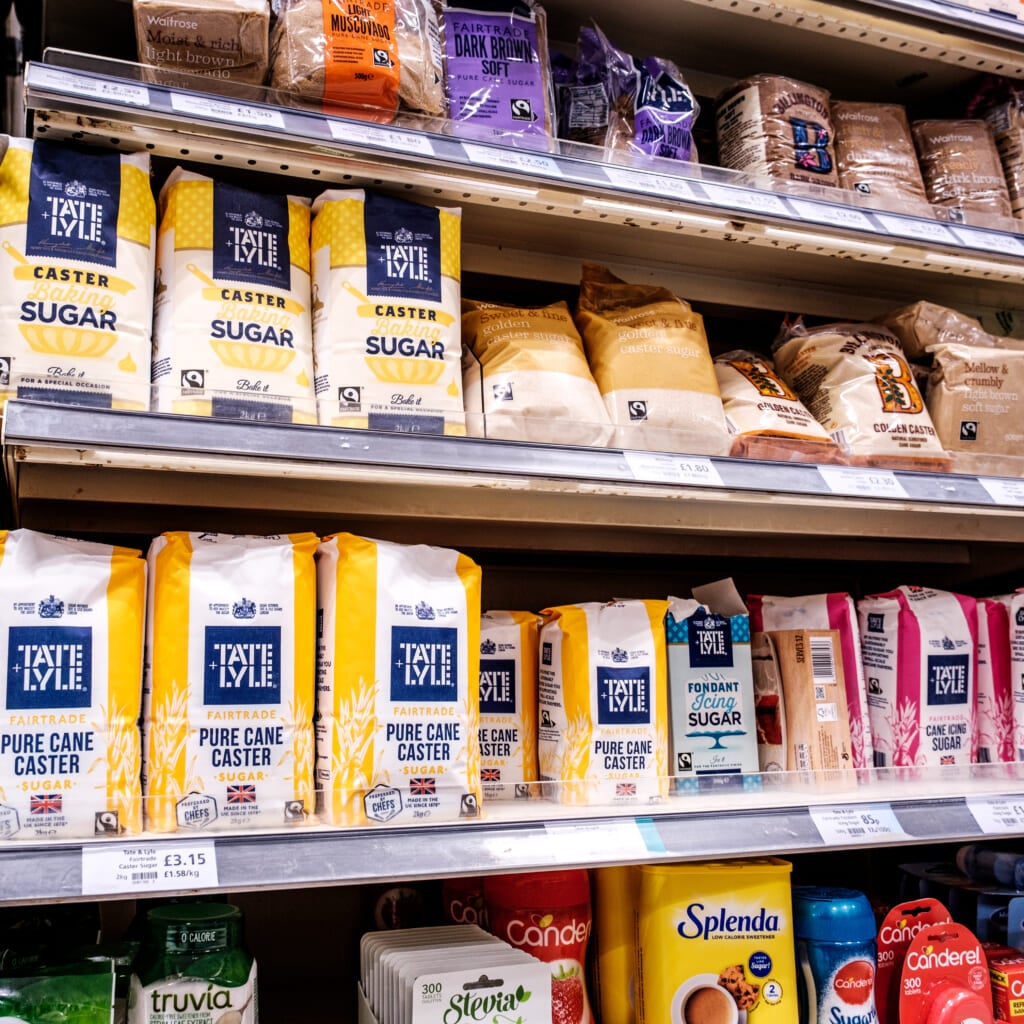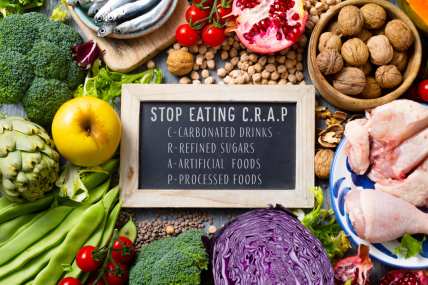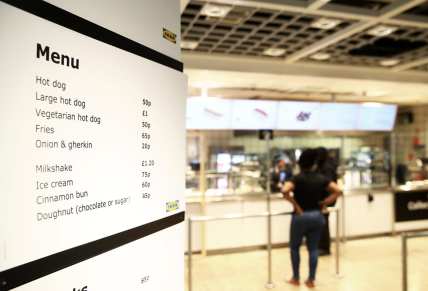Study shows possible link between fake sweeteners and heart disease, diabetes
Naturally sweet fruit is the ideal substitute for foods high in sugar, according to Dr. Katie Page, an associate professor of medicine at USC.
Fake sweeteners might not be a suitable substitute for sugar and could even have harmful effects on a person’s health.
According to NBC News, a study by Mathilde Touvier, research director at the French National Institute for Health and Medical Research, may have discovered a connection between the use of artificial sweeteners and heart disease.
Another study published last month found that ingesting sugar replacements with few calories or nutrients, or so-called “non-nutritive sweeteners,” may affect a person’s gut microbes and perhaps increase blood sugar levels.

Prior to that, it was discovered that artificial sweeteners caused gut bacteria to enter cells in the bowel wall, increasing one’s risk of infection or organ failure. Artificial sweeteners have also been connected to an increased risk of obesity, high blood pressure, diabetes, stroke and heart disease as well as cancer.
“The more data that comes out showing these adverse health effects, the less we’re going to want to encourage people to switch from added sugars to non-nutritive sweeteners,” said Dr. Katie Page, an associate professor of medicine at the University of Southern California, according to NBC.
Touvier asserted that her study, which encompassed more than 100,000 adults in France and was published Wednesday in the BMJ, is the first to directly examine how a person’s overall dietary intake of artificial sweeteners affects the risk of developing heart disease. Prior research mostly focused on the link between artificially sweetened beverages and the disease.
The findings of her study indicated that consumption of aspartame, which is present in foods including cereal, candy and diet drinks, as well as the tabletop sweeteners Equal and NutraSweet, increased the risk of stroke in individuals.
Similar to sucralose – which Page said is the most widely used artificial sweetener in the world – acesulfame potassium is frequently used in “sugar-free” soda. Touvier’s study revealed that those who consumed large amounts of either have a higher risk of coronary heart disease. Sucralose can be found in Splenda as well as baked goods, ice cream, canned fruit and syrups.
Touvier’s team established the daily average for a large amount of sweetener at 77 milligrams, or around two packets of tabletop sweetener. Soft drinks accounted for more than half of the participants’ artificial sweetener usage, while tabletop sweeteners made up 30%. Another 8% came from dairy products with added sugar, such as fruit-topped cottage cheese or yogurt.
Naturally sweet fruit is the ideal substitute for foods high in sugar, according to Page. Choosing table sugar or even sweeteners seen as natural, like agave, is not the healthiest option.
“We really need to encourage people to eat sugar in more moderation and try to decrease sugar consumption,” said Page, according to NBC. “And the way to do that isn’t to consume more non-nutritive sweeteners.”
TheGrio is FREE on your TV via Apple TV, Amazon Fire, Roku and Android TV. Also, please download theGrio mobile apps today!


